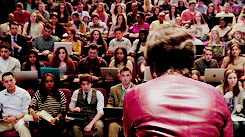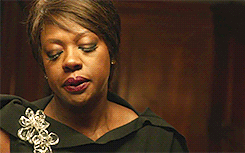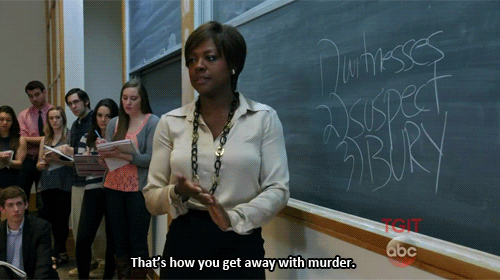I’m sorry in advance that this is the second Taylor Swift post on this blog. I promise that I’m not usually like this – she’s just been doing a lot of really cool things lately regarding ~law and the media~ and I’ve been all over that like syrup on a stack of pancakes.
Now, with that said…
Taylor Swift has removed her entire catalogue from Spotify.

The Cat Princess herself, not giving a hoot about Spotify and gazing upwards into the future of massive record sales coming her way
This means that I can no longer turn on “private streaming” and rock out to songs tailored for preteens while pretending I actually hate her. As a broke grad student, I’m super upset. However, TSwift’s decision 1) Makes a lot of financial sense, and 2) Provides AMAZING fodder for bad jokes!
Let’s look at the reasoning why Our Lady of the Swift has told the world’s favorite streaming service why they’re never, ever getting back together (I am so sorry, I can’t help it).
REASON 1: EVERYTHING HAS CHANGED (FINANCIALLY)
It used to be that, years ago, boys and girls would flock to record stores on the days that albums were released. Now, most people patiently wait for the new albums to leak, go on iTunes, or be available for streaming. Services like Spotify allow for labels to receive some revenue for songs that are streamed, but it’s a paltry price at best.
REASON 2: OUR SONG (ISN’T MAKING ANY MONEY)
It’s estimated that labels receive one penny or less per song streamed – and that doesn’t even account for what portion of that goes to the artist. Swift’s posse has said that she’s collected less than $500k from Spotify over the past year for her music. While I personally would do terrible things for that sum of money, it’s a laughable sum compared to the other forms of revenue within the music industry.
REASON 3: (ARTISTS NEED TO HAVE THEIR) EYES OPEN
One of the biggest factors driving the push away from streaming services such as Spotify is that artists, by essentially giving their music away, feel less of a sense of pride in their work. Swift says that by demanding album sales through the discontinuation of streaming services, artists are reclaiming the value of their art and being appropriately compensated for it.
With artists like Jason Aldean now following our blonde heroine’s lead, I wouldn’t be surprised to see if other large artists will pull their music from streaming services prior to a new album release. It seems like Spotify is simply going to have to…
SHAKE IT OFF.
Okay, that’s it. I’m done. I’m so sorry.












